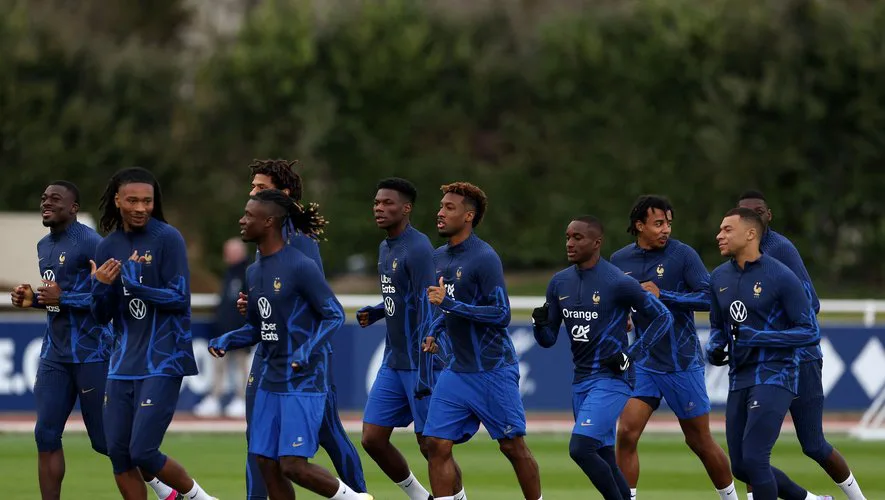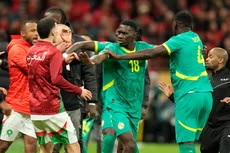Demba Ba challenges French federation’s Ramadan ban

The ongoing debate surrounding Muslim footballers observing Ramadan in France has reignited once again, with players being instructed not to fast during international breaks. This directive has sparked controversy, drawing criticism from prominent figures like Demba Ba.
As Ramadan coincides with the international football break, questions arise regarding the fasting practices of Muslim players on the French national team.
Philippe Diallo, President of the French Football Federation (FFF), emphasized the importance of maintaining neutrality within national selections during an interview with Le Figaro.
He cited the necessity of adhering to Article 1 of the Federation, which upholds principles of neutrality, echoing Rule 50 of the Olympic Charter.
The FFF’s stance aims to ensure that players refrain from fasting while representing the national team, citing concerns about religious demonstrations or discourse conflicting with the spirit of neutrality.
However, this approach faces scrutiny, as fasting during Ramadan is deeply personal and may not necessarily constitute a religious demonstration.
Despite assertions from Diallo regarding the feasibility of postponing fasting during national team duties, many argue that fasting can coexist with professional football.
Examples abound of Muslim players, including N’Golo Kanté and Karim Benzema, maintaining high performance levels while observing Ramadan.
Demba Ba, known for his outspoken views, has publicly challenged the FFF’s ban on Ramadan fasting.
His comments underscore the complexities surrounding the issue, highlighting the need for a nuanced understanding of religious practices within sports.
The debate underscores broader discussions about inclusivity and accommodation within football, as players navigate their religious beliefs alongside professional obligations.
As the dialogue continues, voices like Demba Ba’s serve as reminders of the importance of respecting individual freedoms and religious practices within the sporting sphere.




